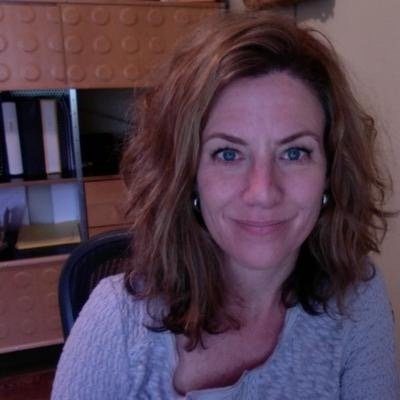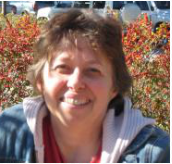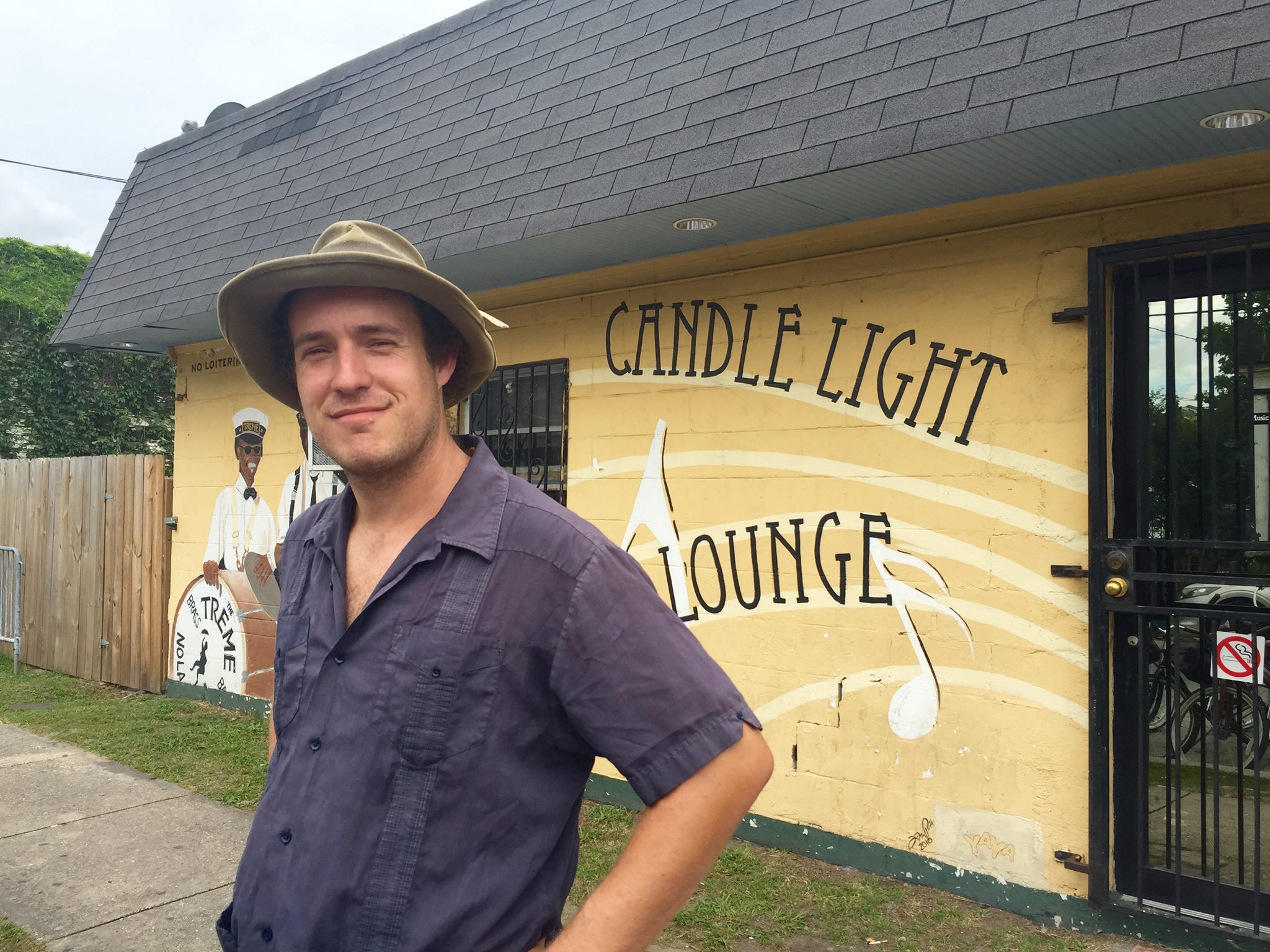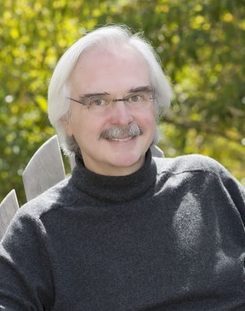An excerpt from “Inflatable Jesus Might Save Us All” by Emily SInclair (fiction, ’14) published at The Museum of Americana:
Inflatable Jesus Might Save Us All
One of my first jobs, as a college student in the mid-nineteen eighties, was selling soap at a Crabtree & Evelyn store on New York’s Upper West Side. Across the US, the chain, then less than twenty years old, sold botanically-based soaps, lotions, oils, and powders, all in pretty boxes and containers meant to convey the pleasures of an English garden. By stepping inside one of Crabtree & Evelyn’s cottage-style stores, customers could imagine they’d exchanged familiar malls and streets for another time and place: an Americanized fantasy of Victorian English life, lavender-scented, sheep-filled, and in some inchoate way, better. For some, there is nothing more American than a wish to seem faintly European.
My Crabtree & Evelyn, on Columbus Avenue, was owned by a guy named David, a tall, thin nervous man of about fifty. David was something of a tyrant, sitting in his back office clutching his head as he went over the numbers. As a gesture of goodwill, he regularly employed teenage boys who’d just been released from juvenile hall, and they gazed at us with hope and sullenness as they carried boxes up the steep stairs from the basement to our street-level store. We were not permitted in the basement; the boys were not allowed to linger in the store.
Periodically, David emerged from his office to yell at us about the way we arranged things, about carelessly leaving open boxes on the floor while we stocked the shelves with new inventory. For David, the boxes disrupted the narrative that our products were crafted in some nearby pasture, brought in by horse and carriage.
The store manager was a former opera singer named Ethlouise. She was probably in her forties, a black woman with a creamy voice and a calm demeanor. She wore elegant suits with silk shirts and pearls, as if she were hosting a tea. She, more than anyone, was the person who best embodied the Crabtree & Evelyn brand. […continue reading here]










